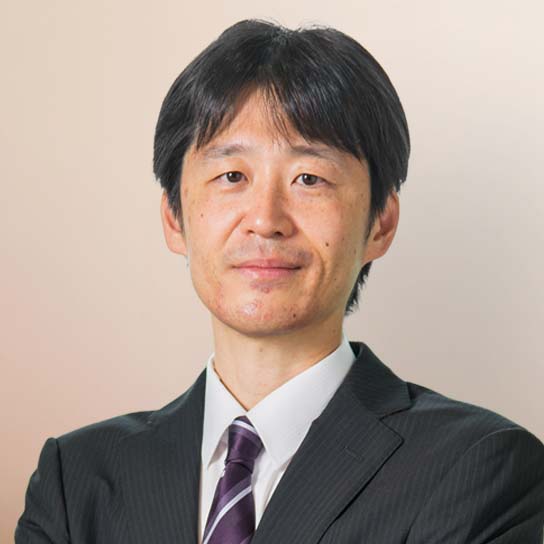Practical Law Global Guide: Confidentiality Q&A - Japan
Daisuke Morimoto and Toshihiko Hamano co-authored "Confidentiality Q&A - Japan", which appears in Practical Law Global Guide 2020, published by Thomson Reuters, London, UK.
Authors

He graduated from the University of Tokyo Graduate School of Frontier Sciences (M.S.) in 2004. Due to his technical background, he advises clients on various technology matters, including artificial intelligence (AI), generative AI, data protection, data utilization, medical field, healthcare, software, systems, cloud computing, OSS, information technology, DX, and quantum computing. His time at the Akira Hirose laboratory at the University of Tokyo provided him with deep knowledge of artificial intelligence (AI) and generative AI because he studied neural networks, which is the main technology of artificial intelligence (AI) and generative AI. He successfully passed the Japanese patent attorney examination in 2002, and he has been admitted in Japan since 2009. He advises clients on various intellectual property law matters due to his technical background and knowledge as a Japanese patent attorney. Regarding dispute matters related to intellectual property, he has handled patent litigation, litigation regarding employee inventions and trade secret litigation, among others. He especially has considerable experience in trade secret disputes, and he provides a support service on countermeasures against divulging trade secrets, including drafting company regulations, data management practice, and employee training.
Related Knowledge
-

-
AI Management Forum Tokyo 2026
Tokyo
Nishimura & Asahi Seminars
-

-
Upcoming Trademark Law and Unfair Competition Related Events
Tokyo
External Seminars
-

-
2026年に注目すべき英国の法改正
Europe
-

-
Legal Responses to Unauthorized Use of Portraits and Voices by Generative AI
Robotics / Artificial Intelligence
-

-
Book Review: "Open Secrecy: How Technology Empowers the Digital Underworld" by Ladegaard Isak
Articles
-

-
Japan: Policy Direction for Amendment of the APPI
Data Protection


Mr. Morimoto has a high degree of expertise in complex transactions, such as takeover bids and complicated transactions involving multiple reorganizations. He has extensive experience in cross-border transactions, both from domestic and international perspectives, and is deeply familiar with a wide variety of international legal frameworks. He represents a large number of international clients and, based on his knowledge of the legal frameworks of the jurisdictions in which his clients operate, he advises on Japanese law in comparison with the laws of other countries. In the field of corporate crisis management, he has handled a broad range of anti-bribery matters, including those related to the Foreign Corrupt Practices Act (FCPA). He has extensive experience in advising on matters which include the development of anti-bribery compliance programs, anti-bribery due diligence, and internal investigations of suspected bribery cases. In recent years, he also has handled a wide variety of fraud investigations involving accounting irregularities and non-compliance matters, both for Japanese companies and their overseas subsidiaries.